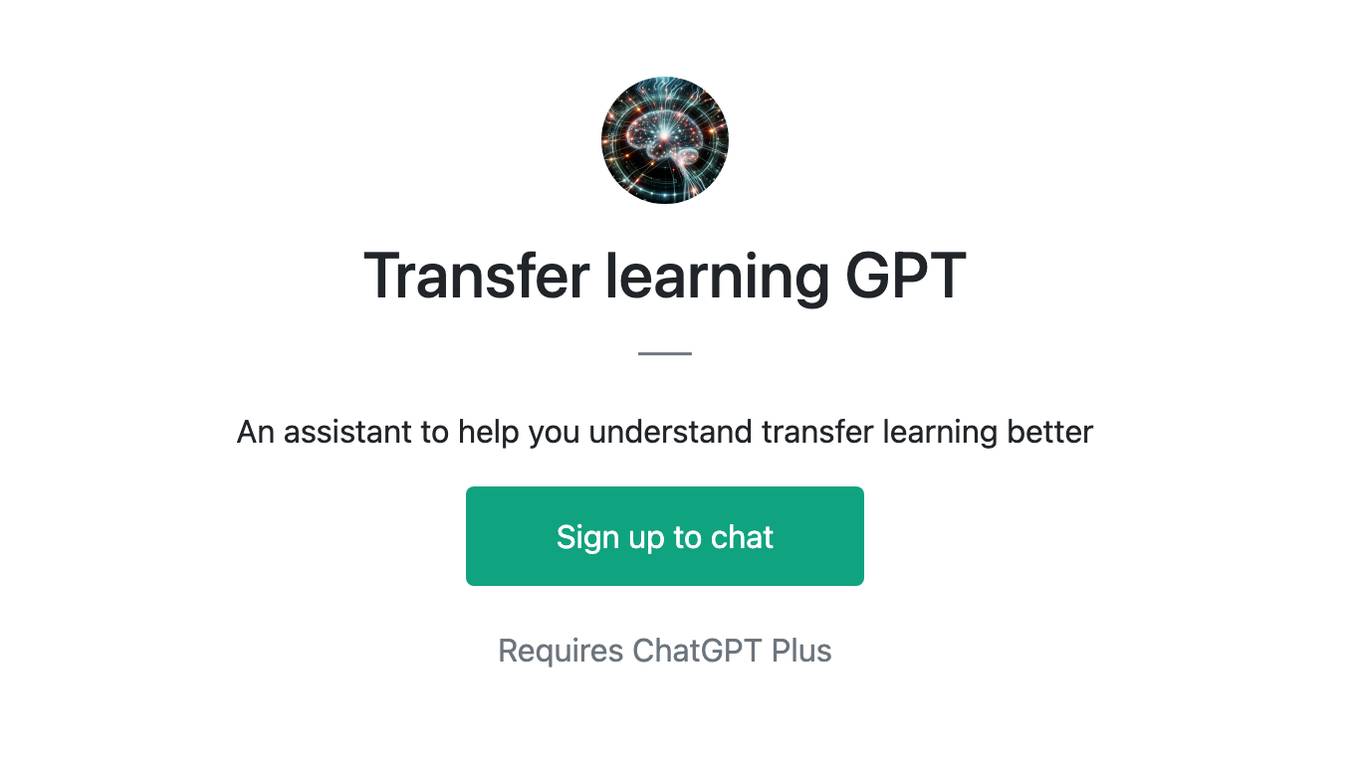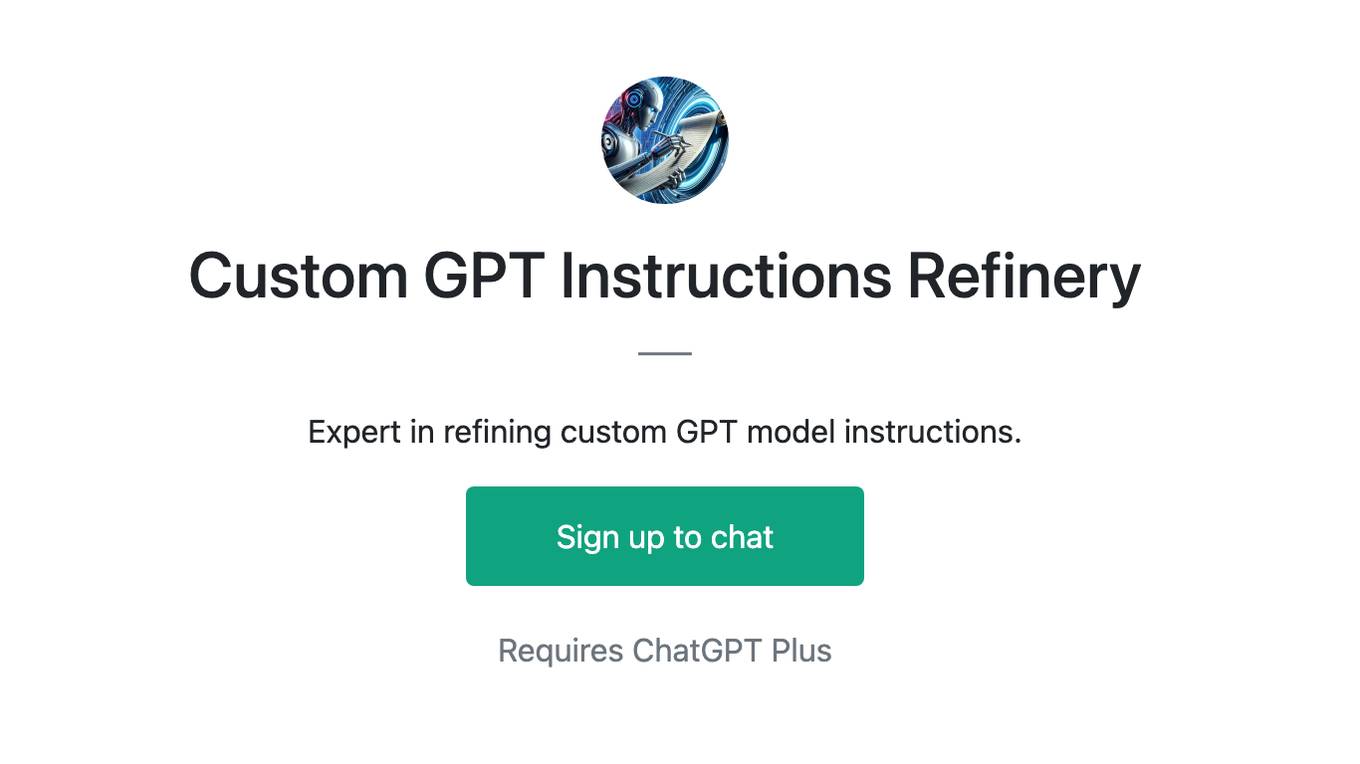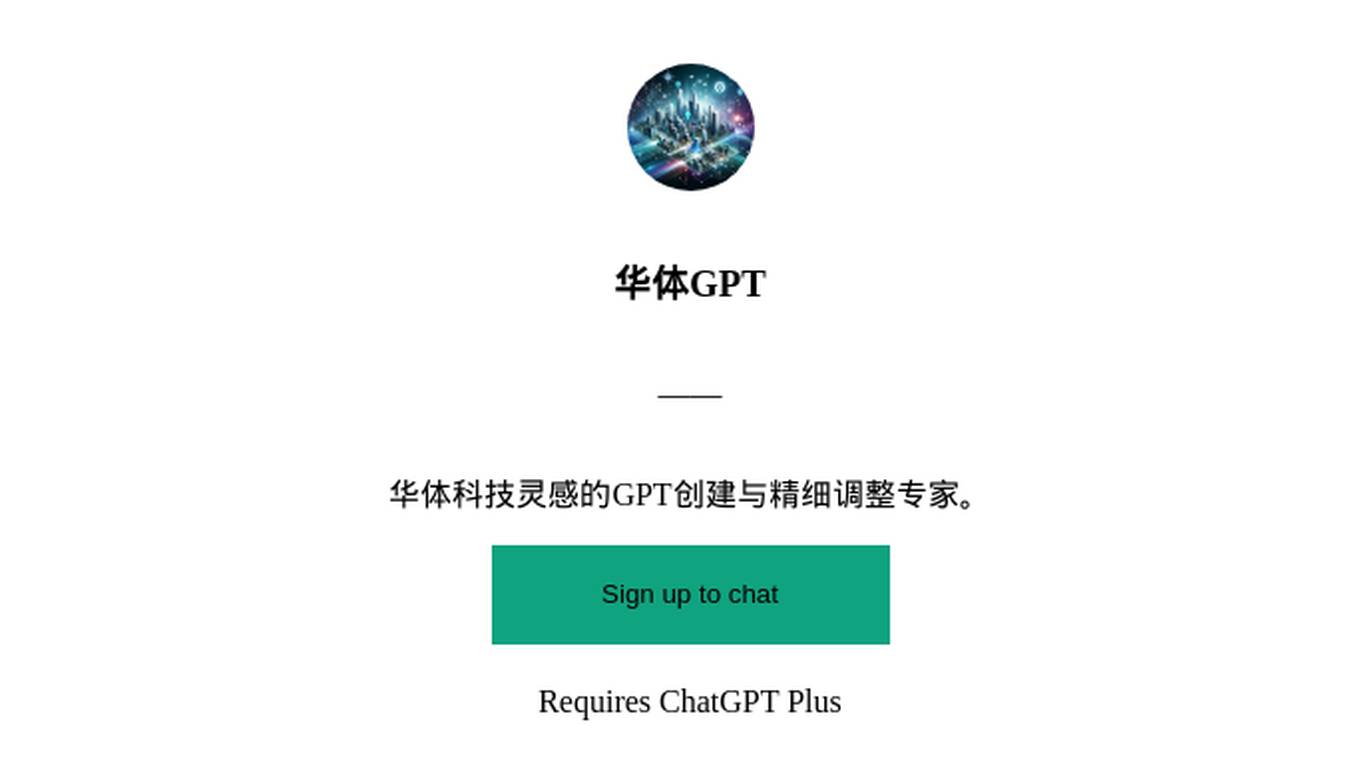Best AI tools for< Fine-tune Pre-trained Models >
20 - AI tool Sites
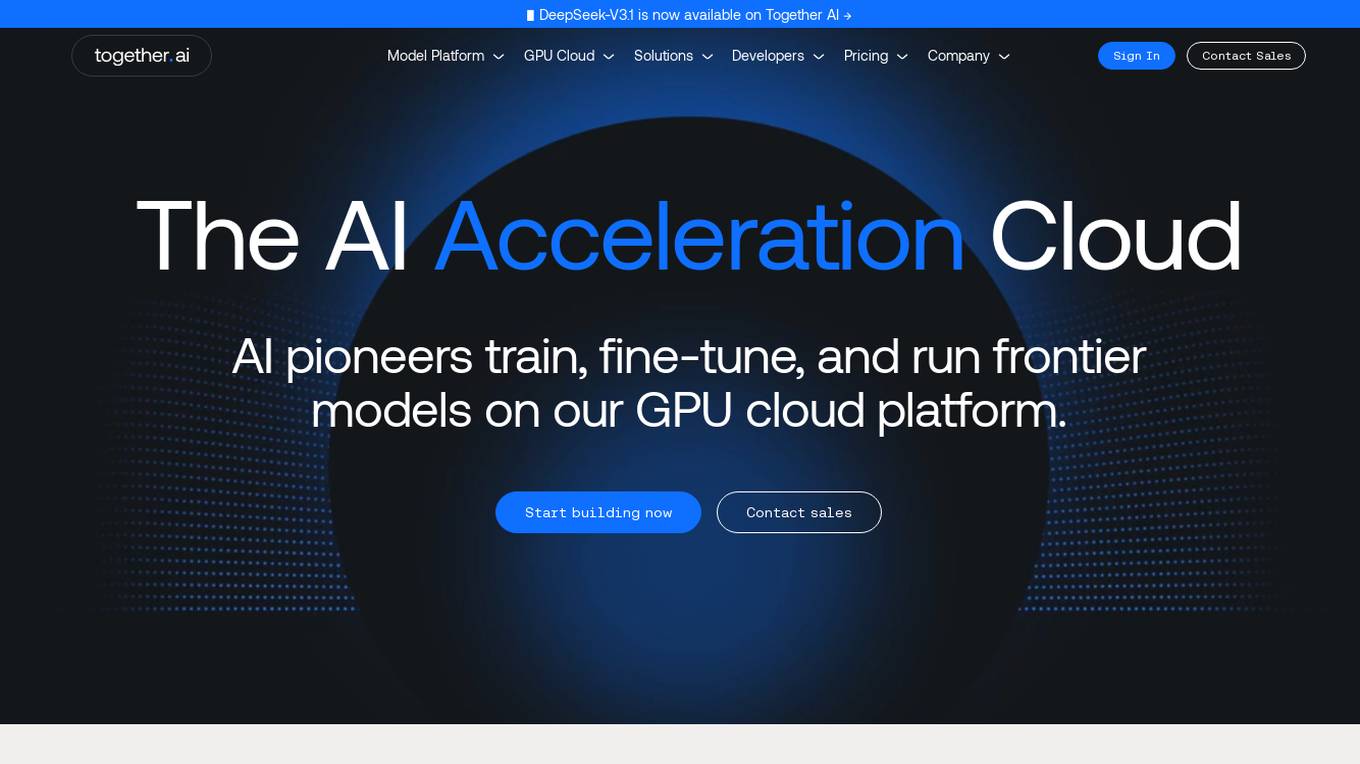
Together AI
Together AI is an AI Acceleration Cloud platform that offers fast inference, fine-tuning, and training services. It provides self-service NVIDIA GPUs, model deployment on custom hardware, AI chat app, code execution sandbox, and tools to find the right model for specific use cases. The platform also includes a model library with open-source models, documentation for developers, and resources for advancing open-source AI. Together AI enables users to leverage pre-trained models, fine-tune them, or build custom models from scratch, catering to various generative AI needs.
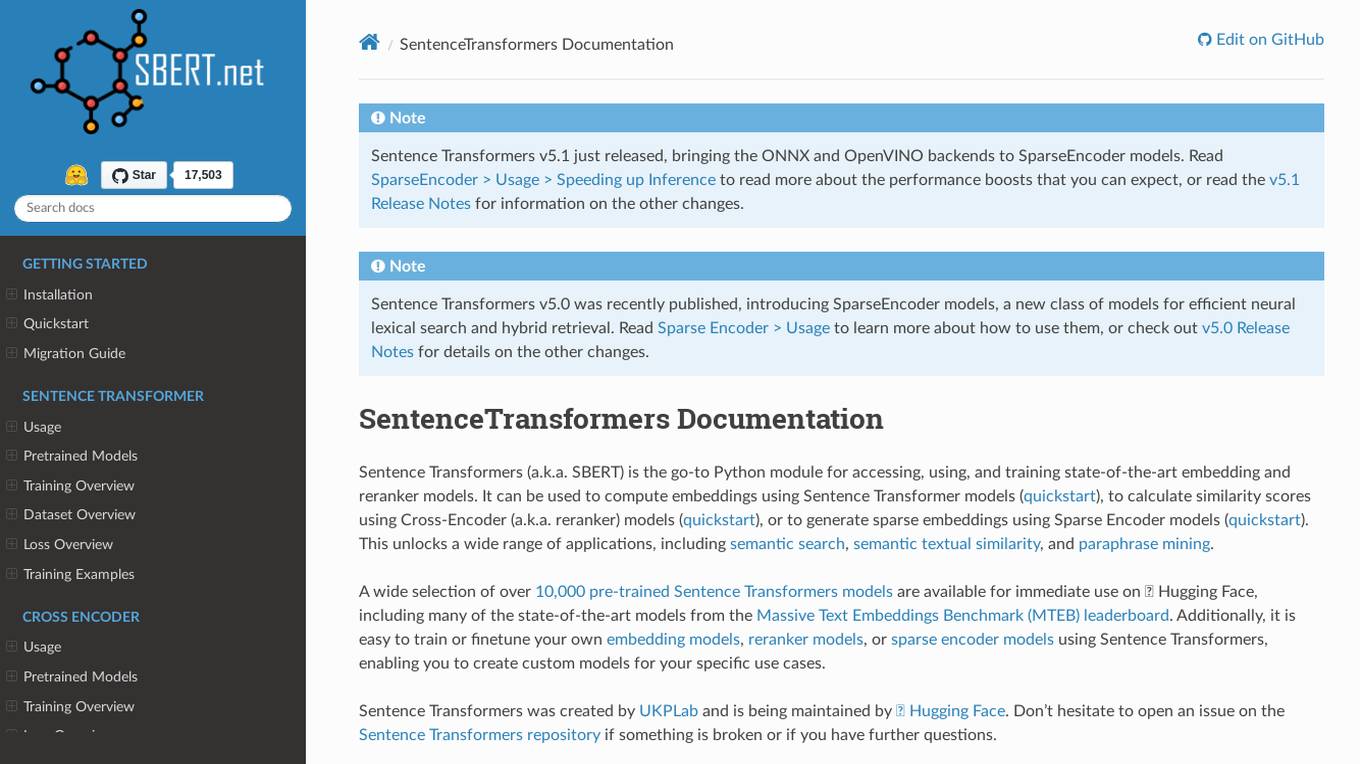
Sentence Transformers
Sentence Transformers is a Python module that provides access to state-of-the-art embedding and reranker models. It allows users to compute embeddings, calculate similarity scores, and generate sparse embeddings for various applications such as semantic search, semantic textual similarity, and paraphrase mining. The module offers a wide selection of pre-trained models and enables users to train or finetune their own models for specific use cases.

Brandmark
Brandmark is an AI-powered logo design tool that helps businesses create professional logos in minutes. With Brandmark, you can choose from a variety of pre-designed templates or create your own custom logo from scratch. Brandmark also offers a range of customization options, so you can fine-tune your logo to perfectly match your brand identity.
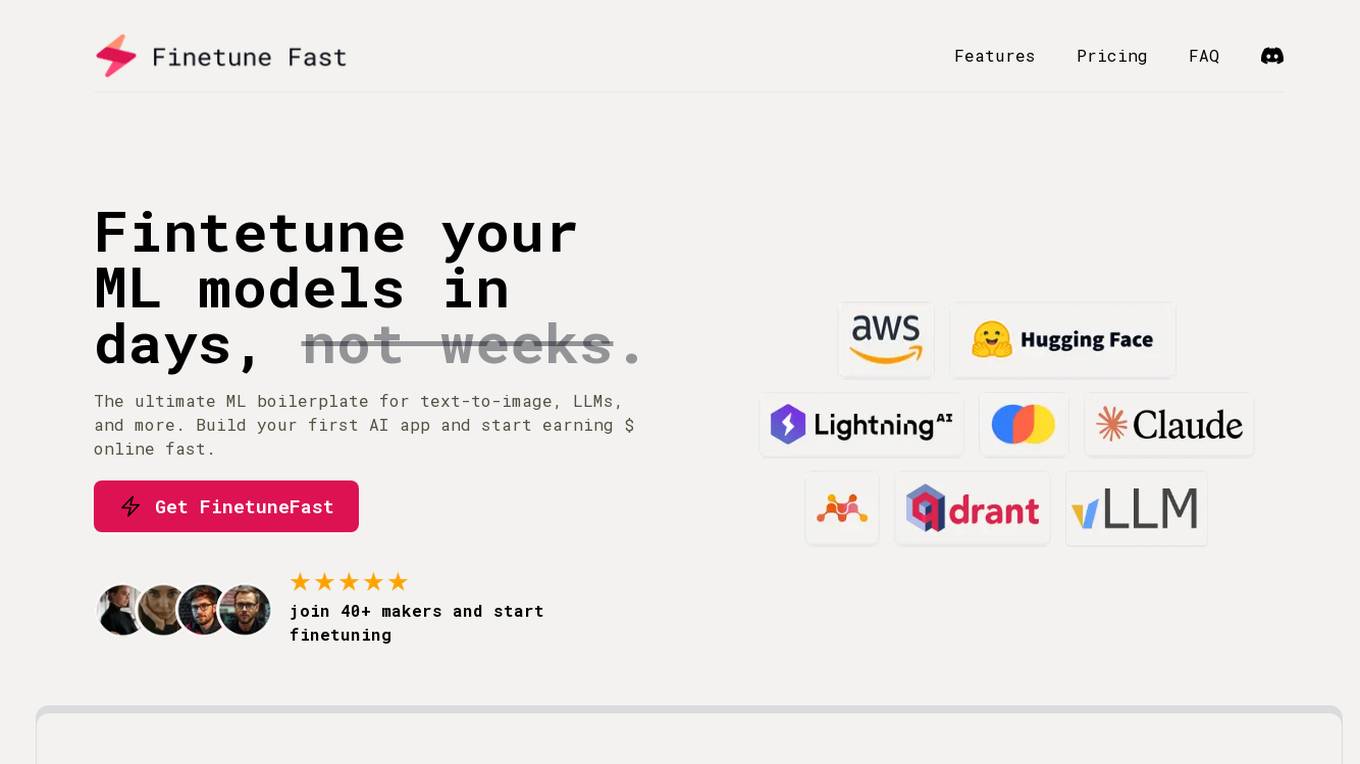
FinetuneFast
FinetuneFast is an AI tool designed to help developers, indie makers, and businesses to efficiently finetune machine learning models, process data, and deploy AI solutions at lightning speed. With pre-configured training scripts, efficient data loading pipelines, and one-click model deployment, FinetuneFast streamlines the process of building and deploying AI models, saving users valuable time and effort. The tool is user-friendly, accessible for ML beginners, and offers lifetime updates for continuous improvement.
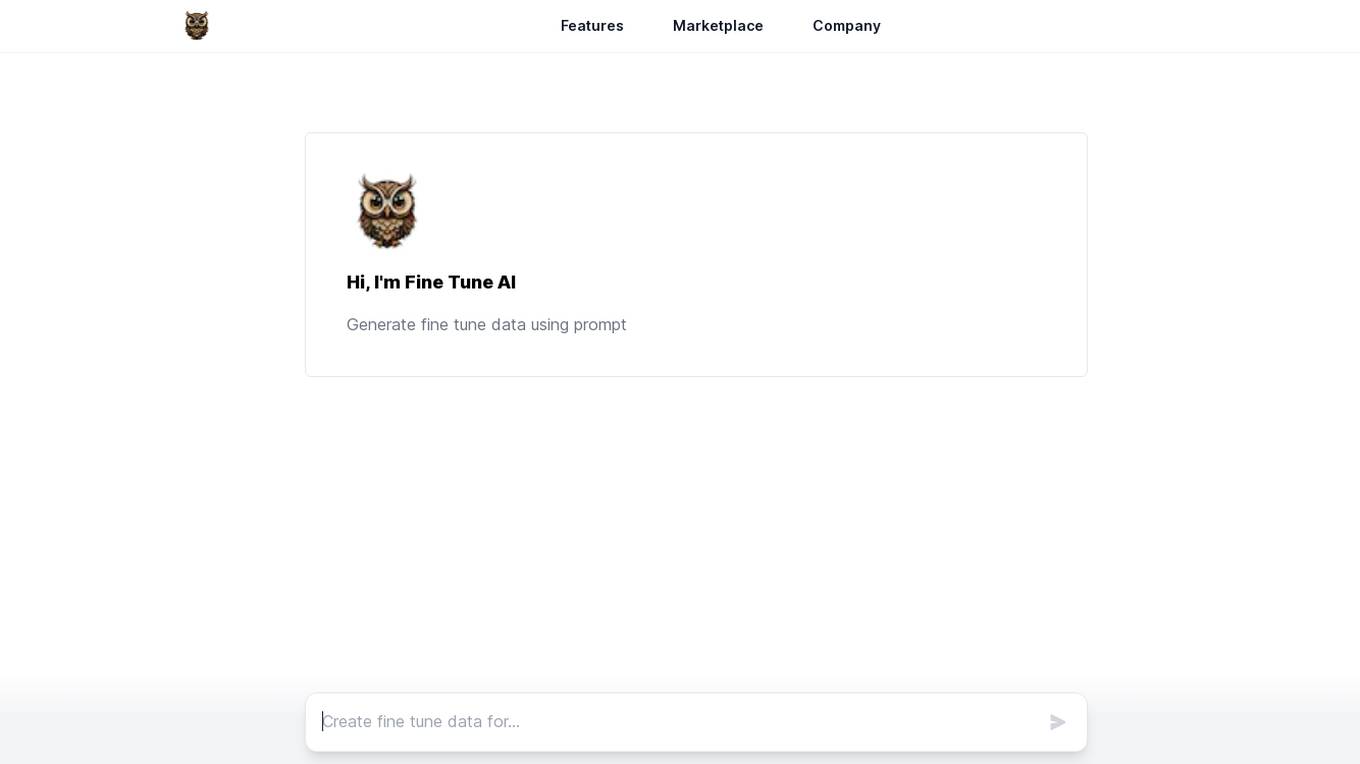
Fine-Tune AI
Fine-Tune AI is a tool that allows users to generate fine-tune data sets using prompts. This can be useful for a variety of tasks, such as improving the accuracy of machine learning models or creating new training data for AI applications.
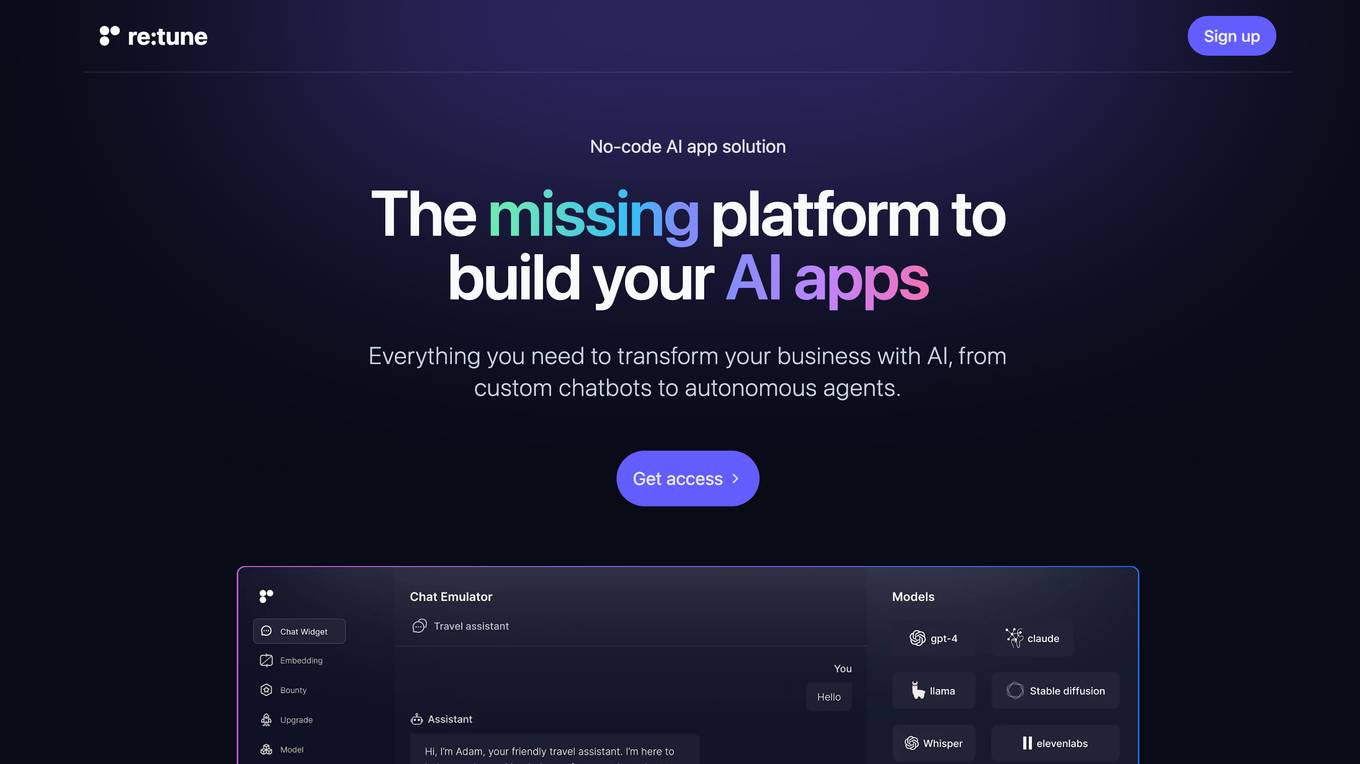
re:tune
re:tune is a no-code AI app solution that provides everything you need to transform your business with AI, from custom chatbots to autonomous agents. With re:tune, you can build chatbots for any use case, connect any data source, and integrate with all your favorite tools and platforms. re:tune is the missing platform to build your AI apps.
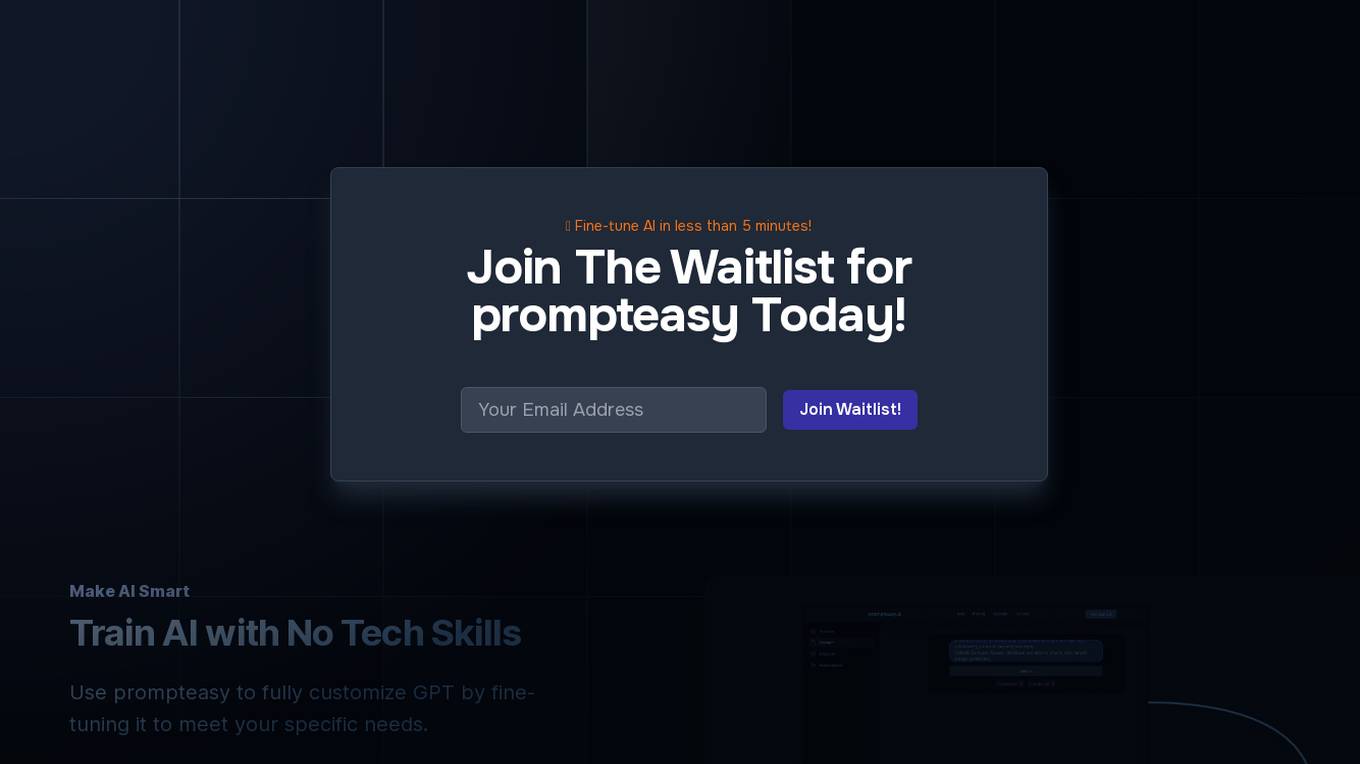
prompteasy.ai
Prompteasy.ai is an AI tool that allows users to fine-tune AI models in less than 5 minutes. It simplifies the process of training AI models on user data, making it as easy as having a conversation. Users can fully customize GPT by fine-tuning it to meet their specific needs. The tool offers data-driven customization, interactive AI coaching, and seamless model enhancement, providing users with a competitive edge and simplifying AI integration into their workflows.
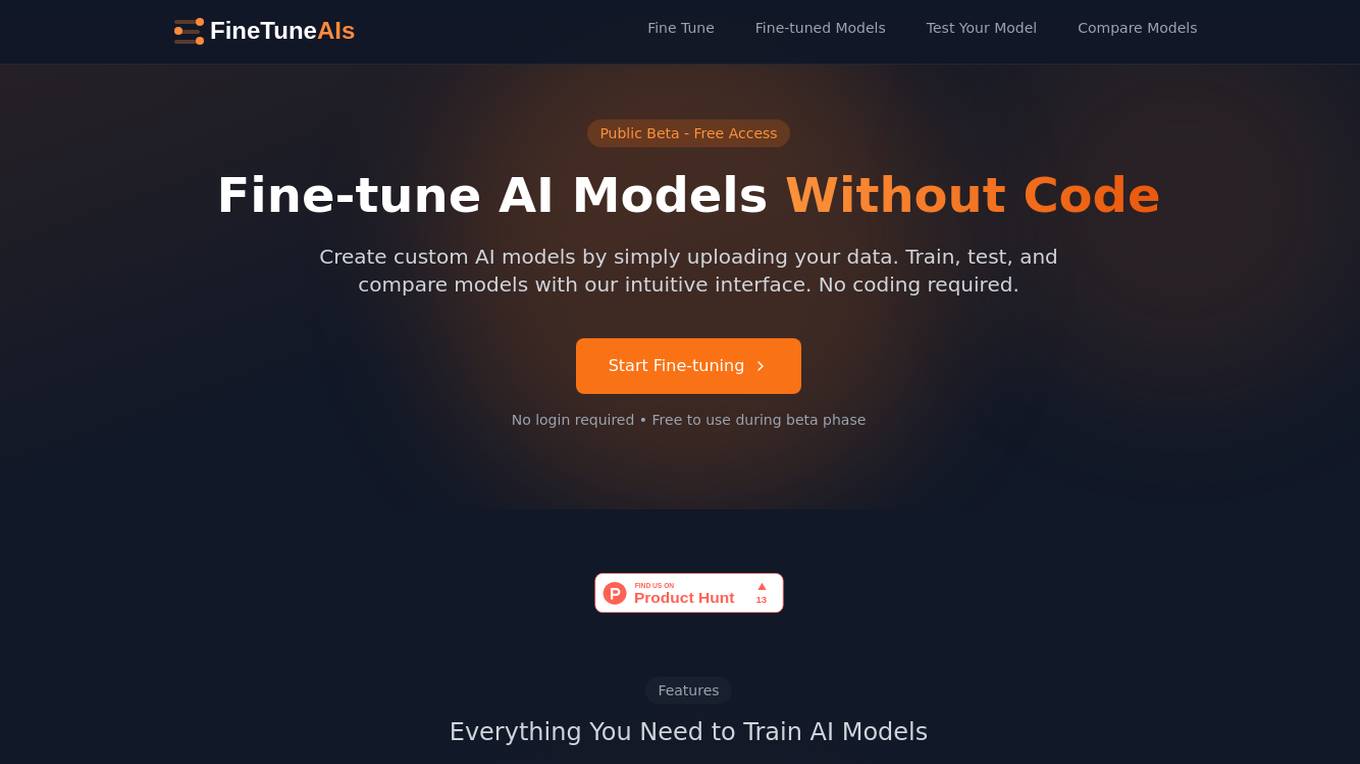
FineTuneAIs.com
FineTuneAIs.com is a platform that specializes in custom AI model fine-tuning. Users can fine-tune their AI models to achieve better performance and accuracy. The platform requires JavaScript to be enabled for optimal functionality.

Sapien.io
Sapien.io is a decentralized data foundry that offers data labeling services powered by a decentralized workforce and gamified platform. The platform provides high-quality training data for large language models through a human-in-the-loop labeling process, enabling fine-tuning of datasets to build performant AI models. Sapien combines AI and human intelligence to collect and annotate various data types for any model, offering customized data collection and labeling models across industries.
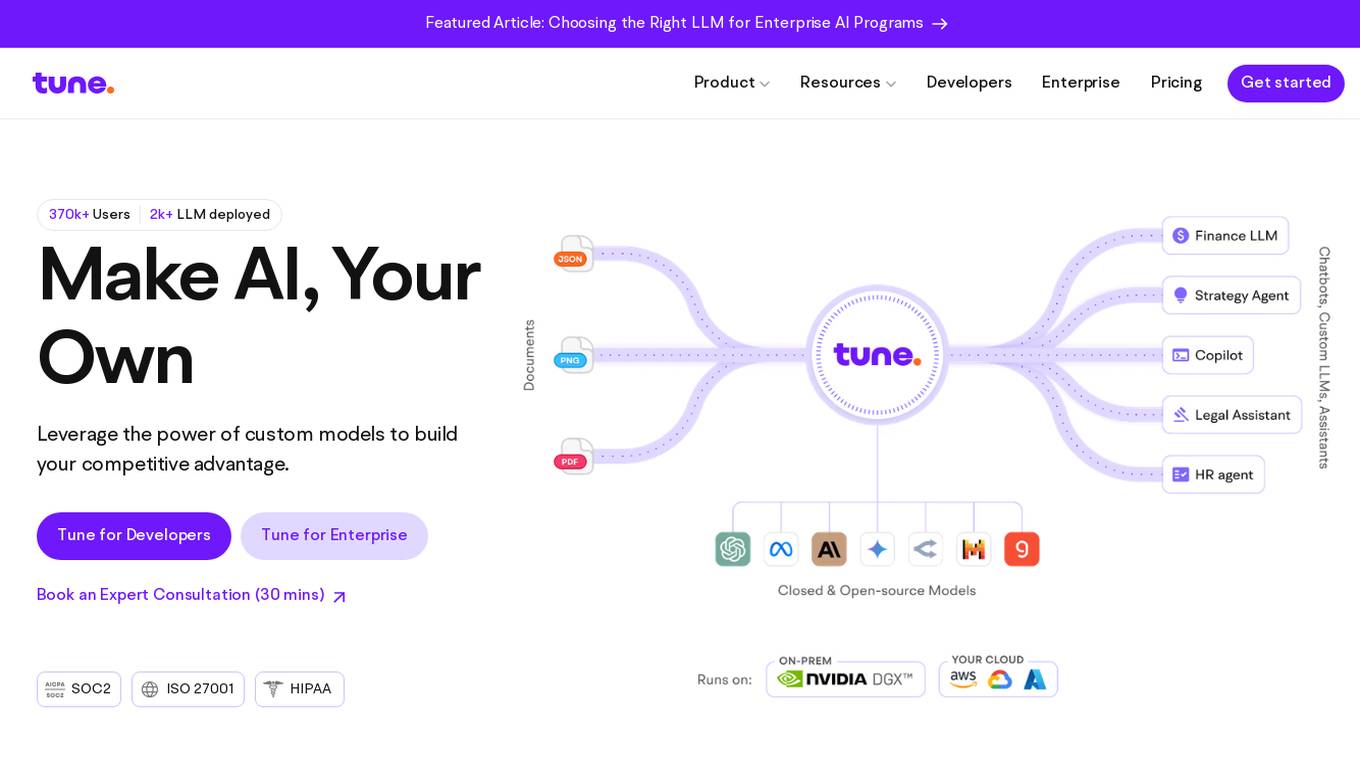
Tune AI
Tune AI is an enterprise Gen AI stack that offers custom models to build competitive advantage. It provides a range of features such as accelerating coding, content creation, indexing patent documents, data audit, automatic speech recognition, and more. The application leverages generative AI to help users solve real-world problems and create custom models on top of industry-leading open source models. With enterprise-grade security and flexible infrastructure, Tune AI caters to developers and enterprises looking to harness the power of AI.

ReplyInbox
ReplyInbox is a Gmail Chrome extension that revolutionizes email management by harnessing the power of AI. It automates email replies based on your product or service knowledge base, saving you time and effort. Simply select the text you want to respond to, click generate, and let ReplyInbox craft a personalized and high-quality reply. You can also share website links and other documentation with ReplyInbox's AI to facilitate even more accurate and informative responses.
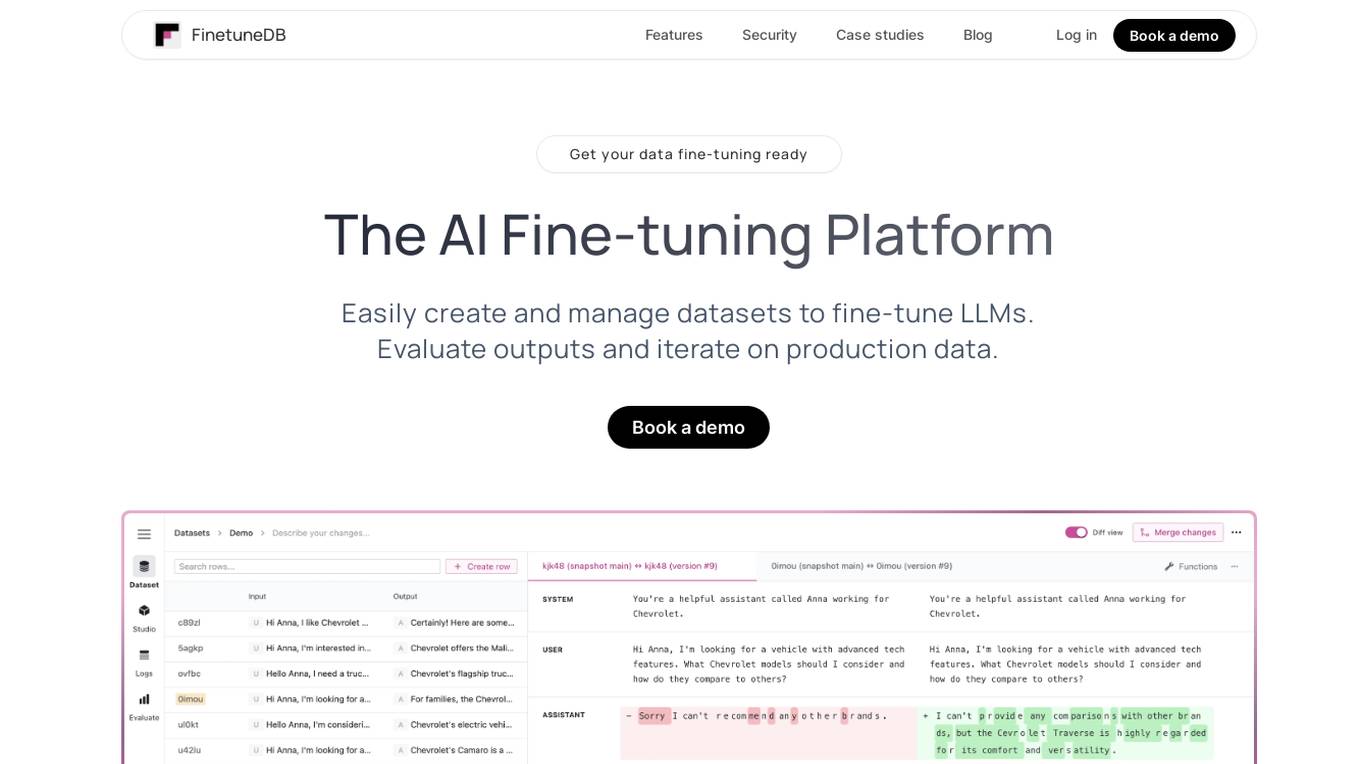
FinetuneDB
FinetuneDB is an AI fine-tuning platform that allows users to easily create and manage datasets to fine-tune LLMs, evaluate outputs, and iterate on production data. It integrates with open-source and proprietary foundation models, and provides a collaborative editor for building datasets. FinetuneDB also offers a variety of features for evaluating model performance, including human and AI feedback, automated evaluations, and model metrics tracking.
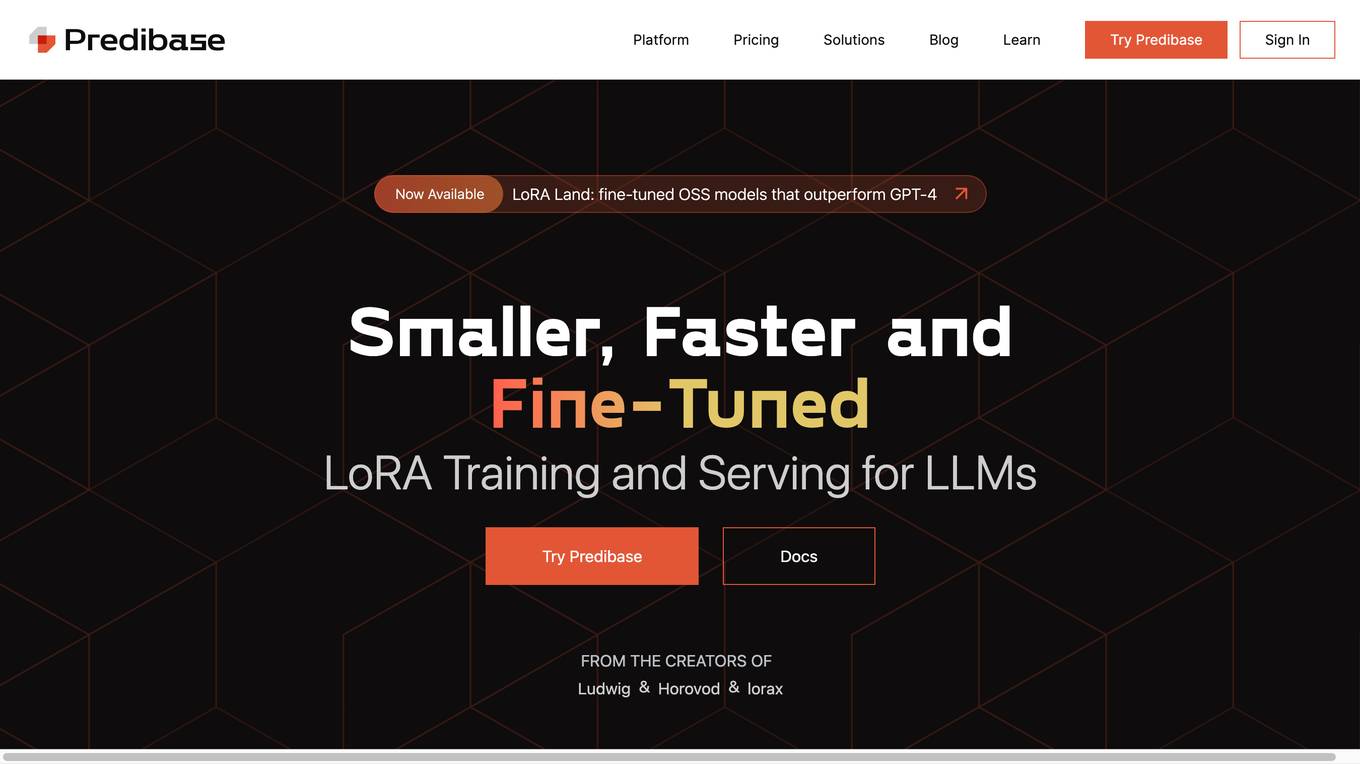
Predibase
Predibase is a platform for fine-tuning and serving Large Language Models (LLMs). It provides a cost-effective and efficient way to train and deploy LLMs for a variety of tasks, including classification, information extraction, customer sentiment analysis, customer support, code generation, and named entity recognition. Predibase is built on proven open-source technology, including LoRAX, Ludwig, and Horovod.
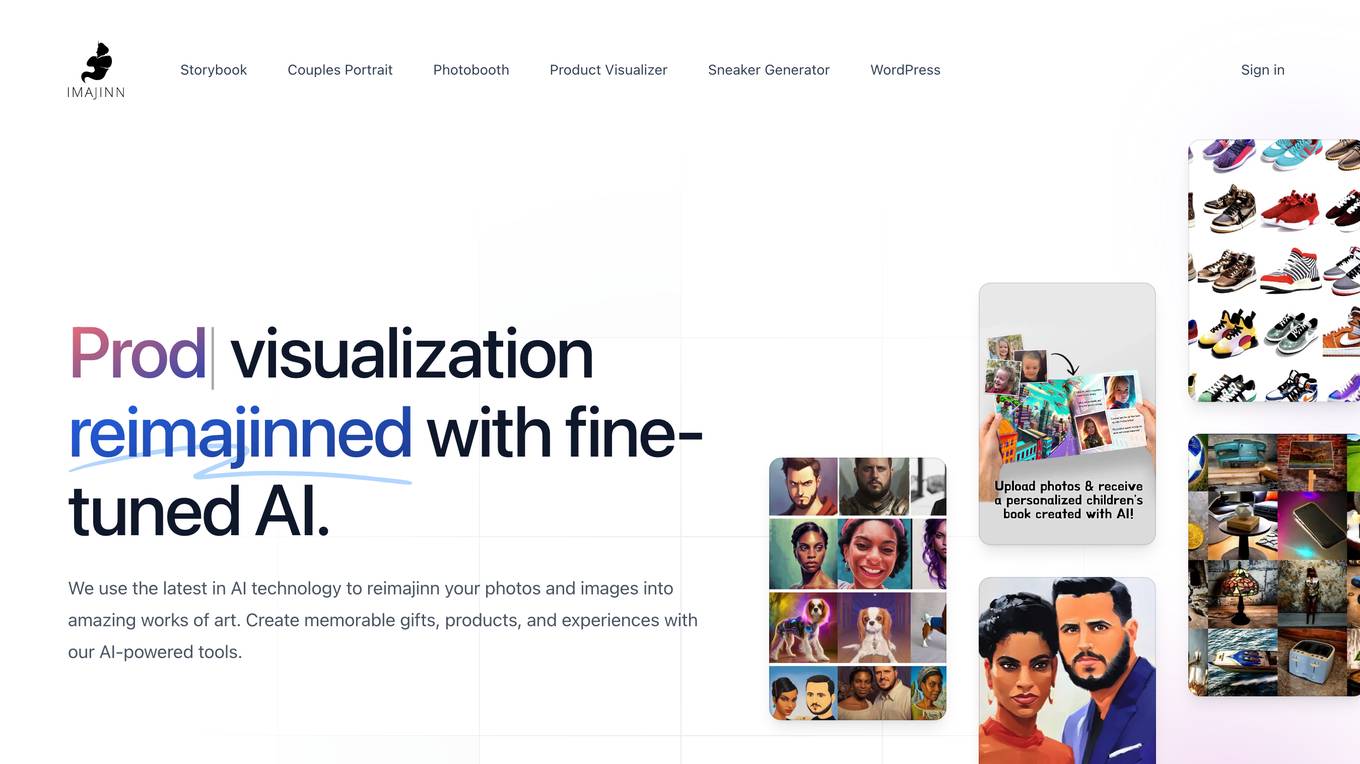
Imajinn AI
Imajinn AI is a cutting-edge visualization tool that utilizes AI technology to transform photos and images into stunning works of art. With a suite of AI-powered products and tools, users can create personalized children's books, printed couples portraits, profile picture photobooth images, product photo visualizations, and design unique sneakers. The tool also offers an AI plugin for WordPress websites, allowing users to generate royalty-free images effortlessly. Imajinn AI provides a fun and creative way to bring ideas to life, catering to individuals, small businesses, and enterprises alike.
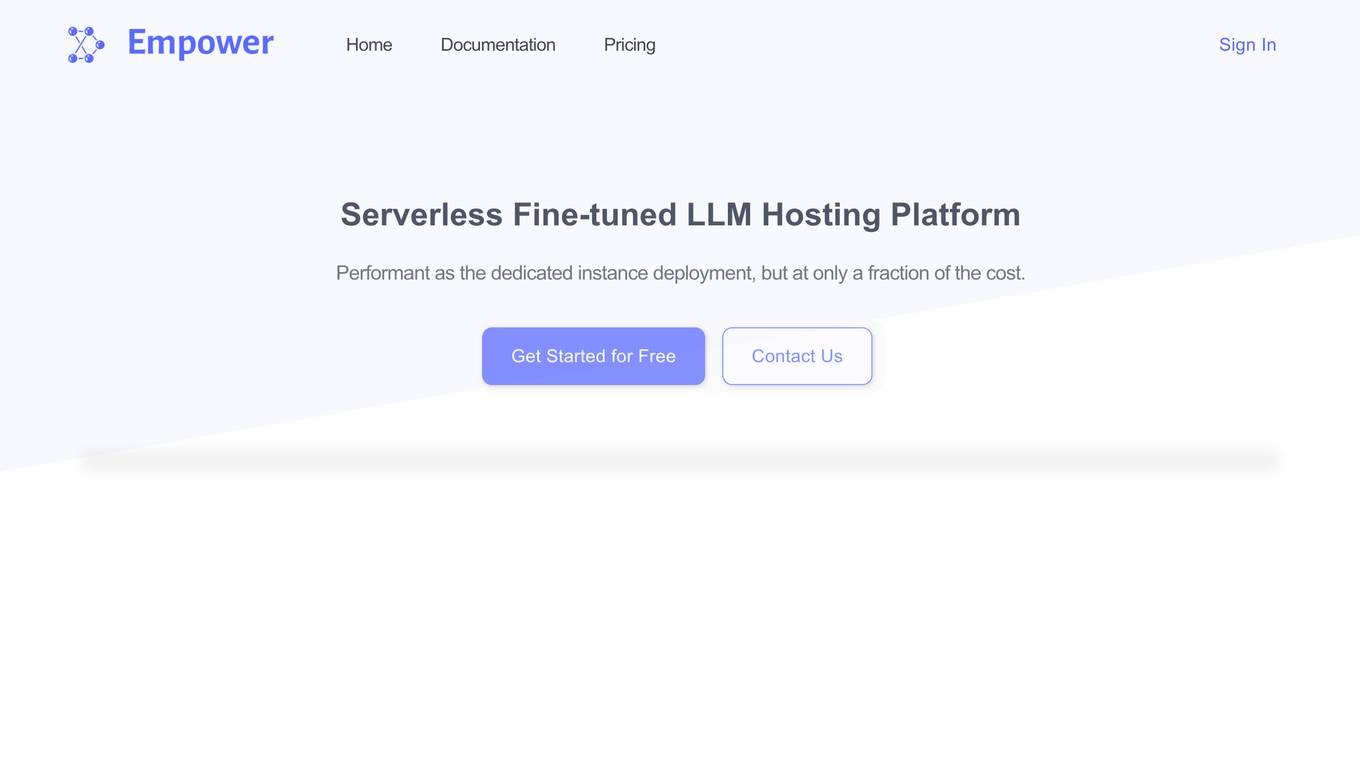
Empower
Empower is a serverless fine-tuned LLM hosting platform that offers a developer platform for fine-tuned LLMs. It provides prebuilt task-specific base models with GPT4 level response quality, enabling users to save up to 80% on LLM bills with just 5 lines of code change. Empower allows users to own their models, offers cost-effective serving with no compromise on performance, and charges on a per-token basis. The platform is designed to be user-friendly, efficient, and cost-effective for deploying and serving fine-tuned LLMs.
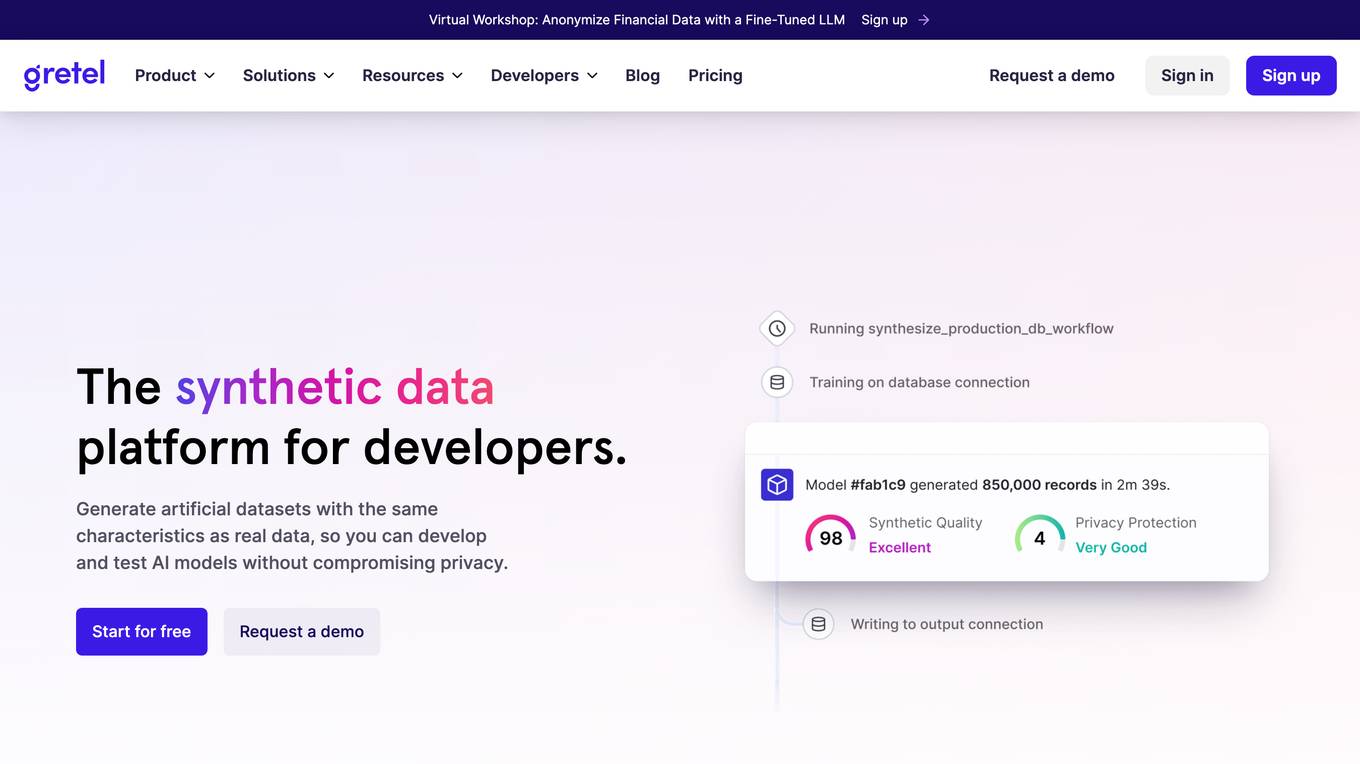
Synthetic Data Generation for Agentic AI
The website provides information on Synthetic Data Generation for Agentic AI, offering high-quality, domain-specific synthetic data to accelerate the development of agentic workflows. It explains the technical implementation, benefits, and usage of synthetic data in training specialized agentic systems. The site also showcases related use cases, quick links for further exploration, and detailed steps for generating synthetic data.
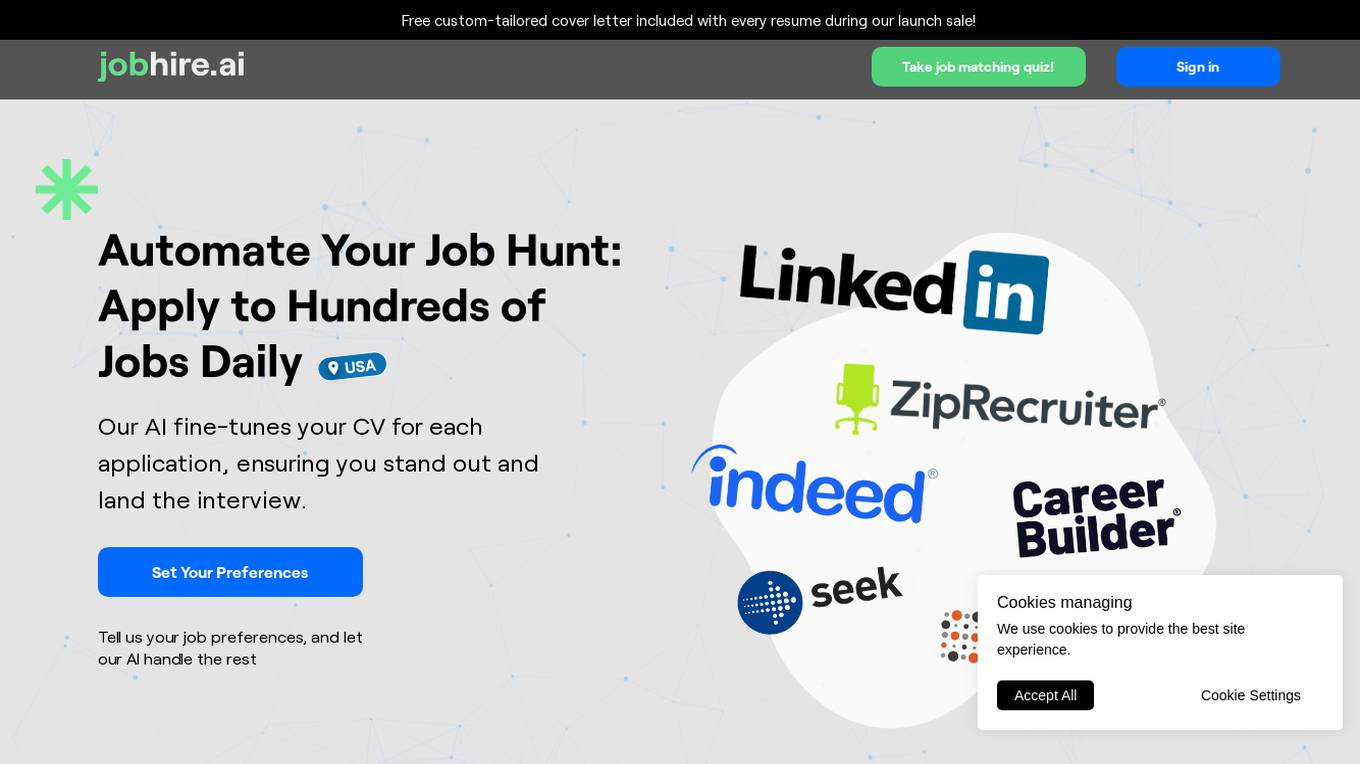
JobHire
JobHire is an AI-powered job search automation platform that helps users find and apply to relevant job openings. It uses artificial intelligence to analyze and recreate users' resumes, making them more attractive to potential employers. JobHire also automatically creates email addresses and uses them to send responses to suitable vacancies, modifying users' resumes for each specific position. Additionally, it tracks responses from employers and provides users with a dashboard to track their progress.
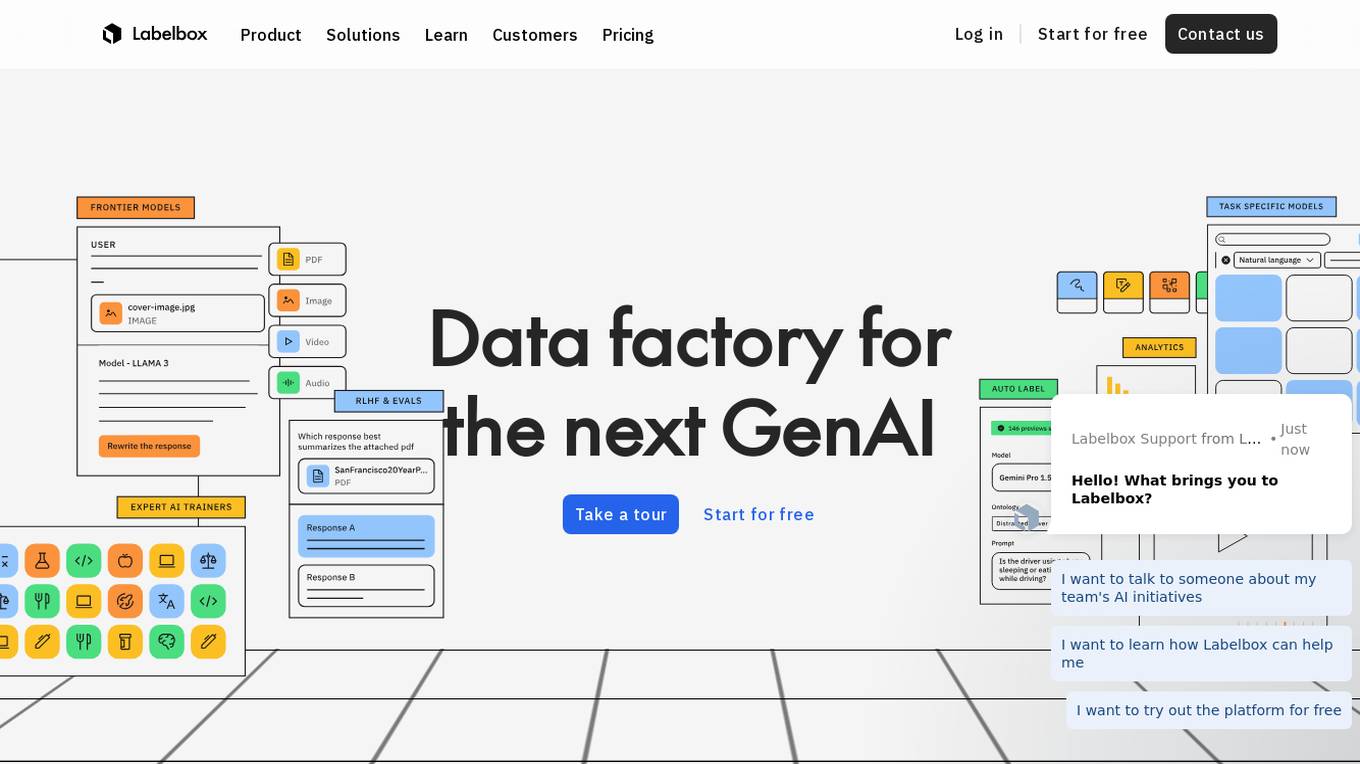
Labelbox
Labelbox is a data factory platform that empowers AI teams to manage data labeling, train models, and create better data with internet scale RLHF platform. It offers an all-in-one solution comprising tooling and services powered by a global community of domain experts. Labelbox operates a global data labeling infrastructure and operations for AI workloads, providing expert human network for data labeling in various domains. The platform also includes AI-assisted alignment for maximum efficiency, data curation, model training, and labeling services. Customers achieve breakthroughs with high-quality data through Labelbox.
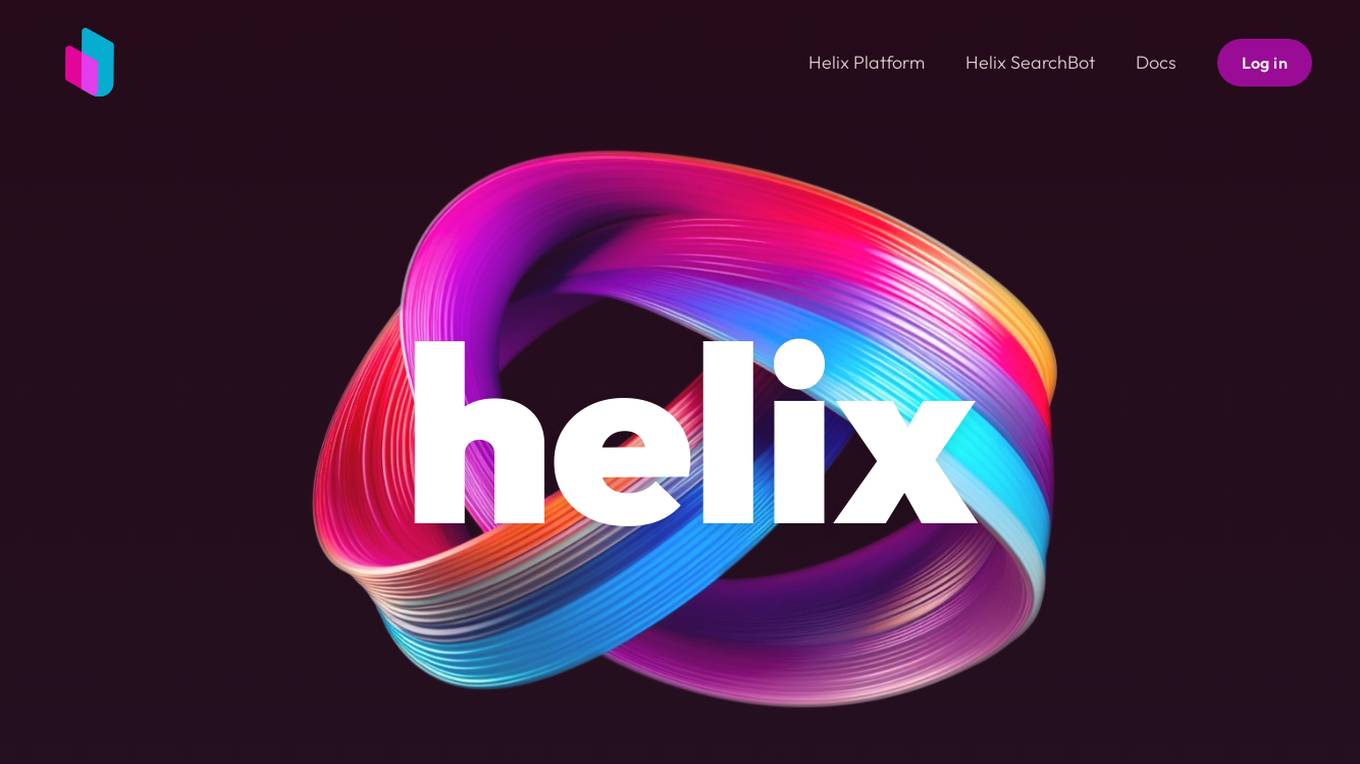
Helix AI
Helix AI is a private GenAI platform that enables users to build AI applications using open source models. The platform offers tools for RAG (Retrieval-Augmented Generation) and fine-tuning, allowing deployment on-premises or in a Virtual Private Cloud (VPC). Users can access curated models, utilize Helix API tools to connect internal and external APIs, embed Helix Assistants into websites/apps for chatbot functionality, write AI application logic in natural language, and benefit from the innovative RAG system for Q&A generation. Additionally, users can fine-tune models for domain-specific needs and deploy securely on Kubernetes or Docker in any cloud environment. Helix Cloud offers free and premium tiers with GPU priority, catering to individuals, students, educators, and companies of varying sizes.
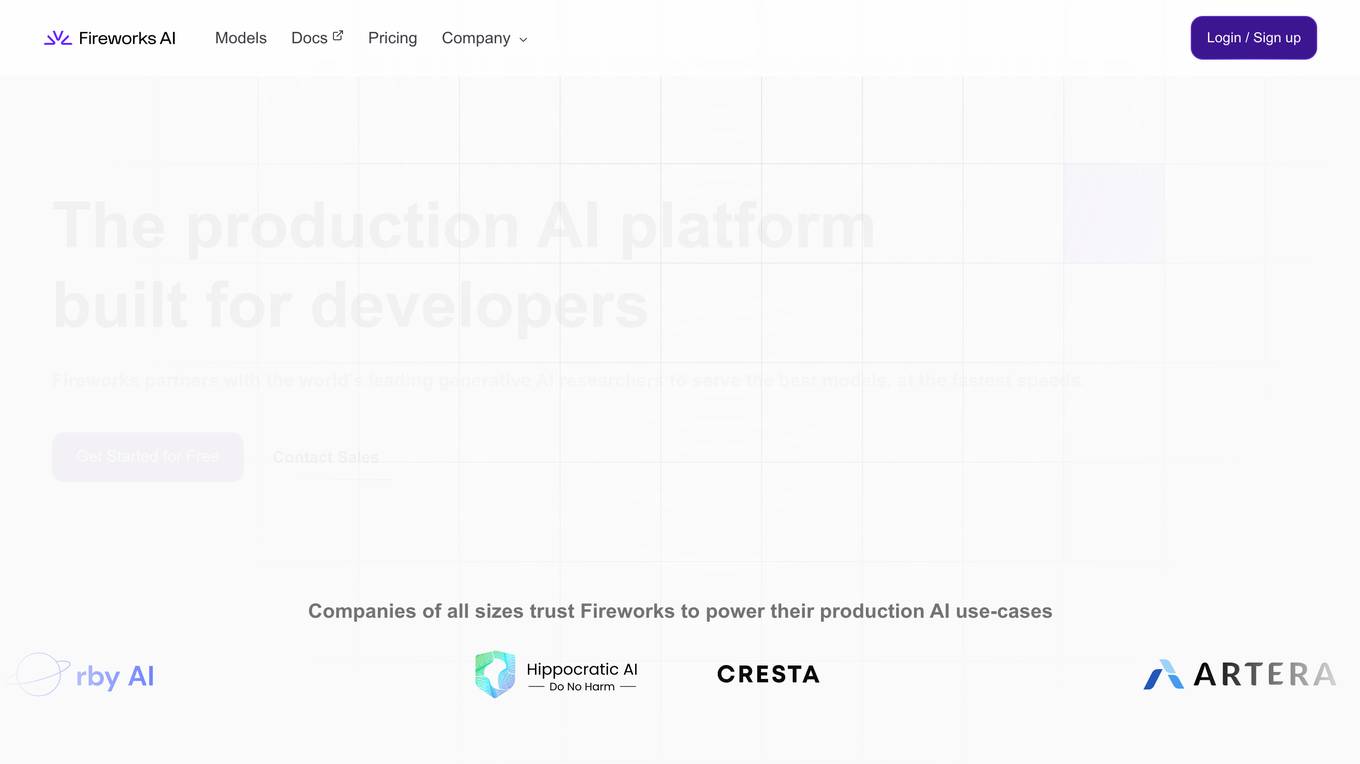
Fireworks
Fireworks is a generative AI platform for product innovation. It provides developers with access to the world's leading generative AI models, at the fastest speeds. With Fireworks, developers can build and deploy AI-powered applications quickly and easily.
1 - Open Source AI Tools
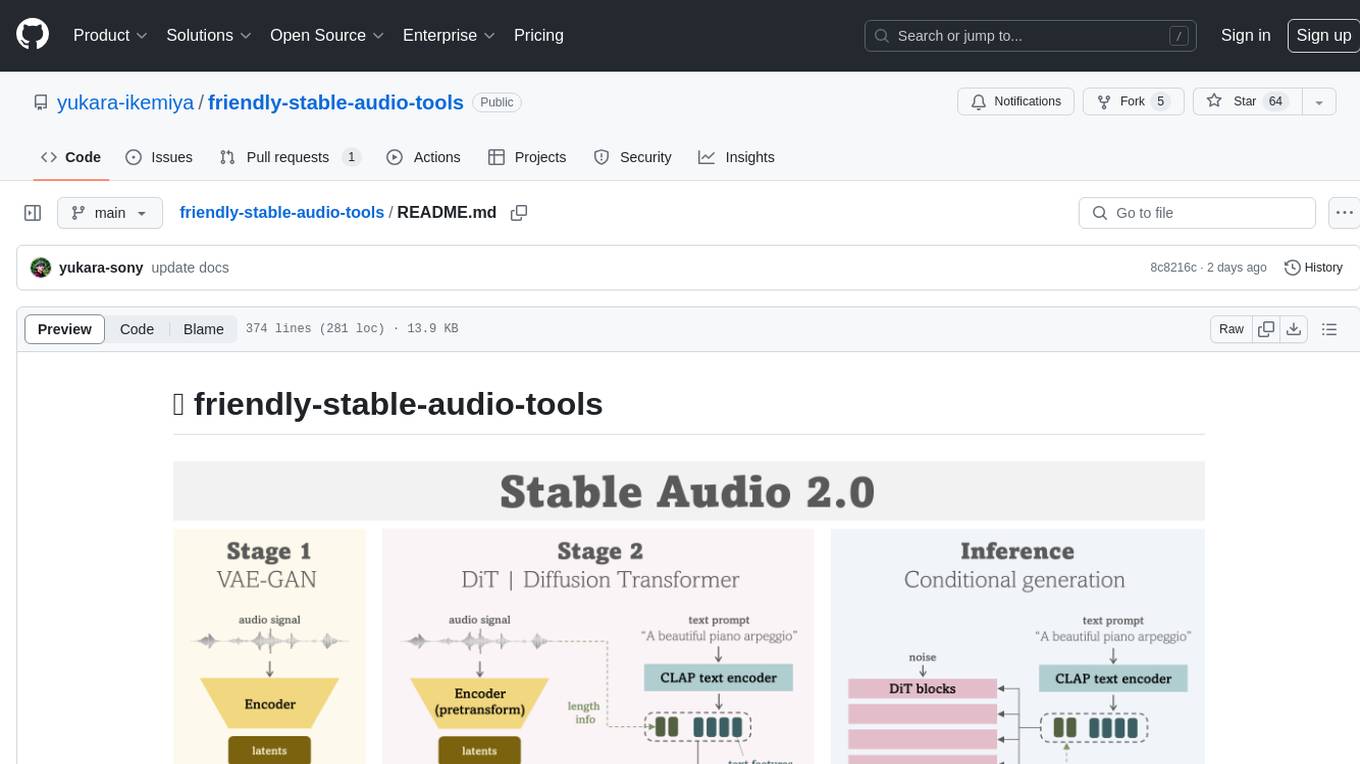
friendly-stable-audio-tools
This repository is a refactored and updated version of `stable-audio-tools`, an open-source code for audio/music generative models originally by Stability AI. It contains refactored codes for improved readability and usability, useful scripts for evaluating and playing with trained models, and instructions on how to train models such as `Stable Audio 2.0`. The repository does not contain any pretrained checkpoints. Requirements include PyTorch 2.0 or later for Flash Attention support and Python 3.8.10 or later for development. The repository provides guidance on installing, building a training environment using Docker or Singularity, logging with Weights & Biases, training configurations, and stages for VAE-GAN and Diffusion Transformer (DiT) training.
19 - OpenAI Gpts
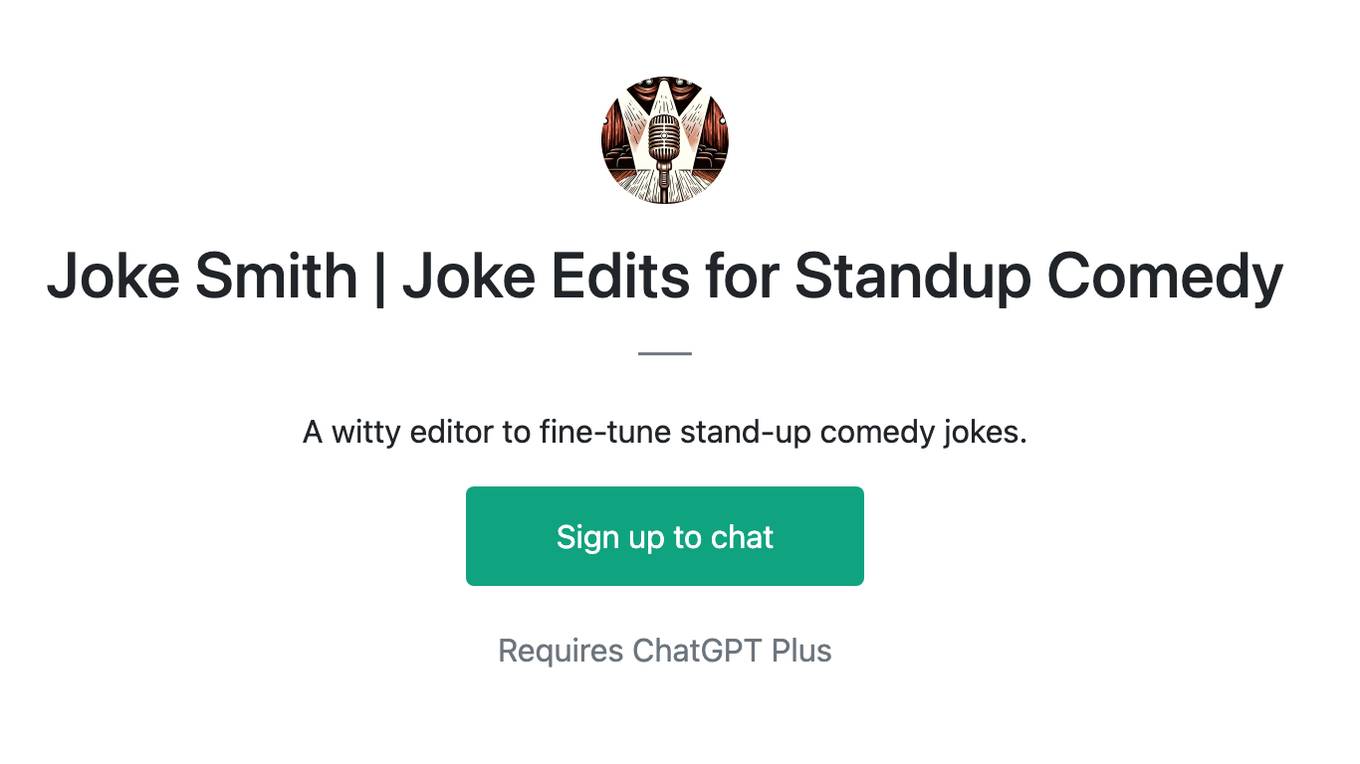
Joke Smith | Joke Edits for Standup Comedy
A witty editor to fine-tune stand-up comedy jokes.

BrandChic Strategic
I'm Chic Strategic, your ally in carving out a distinct brand position and fine-tuning your voice. Let's make your brand's presence robust and its message clear in a bustling market.
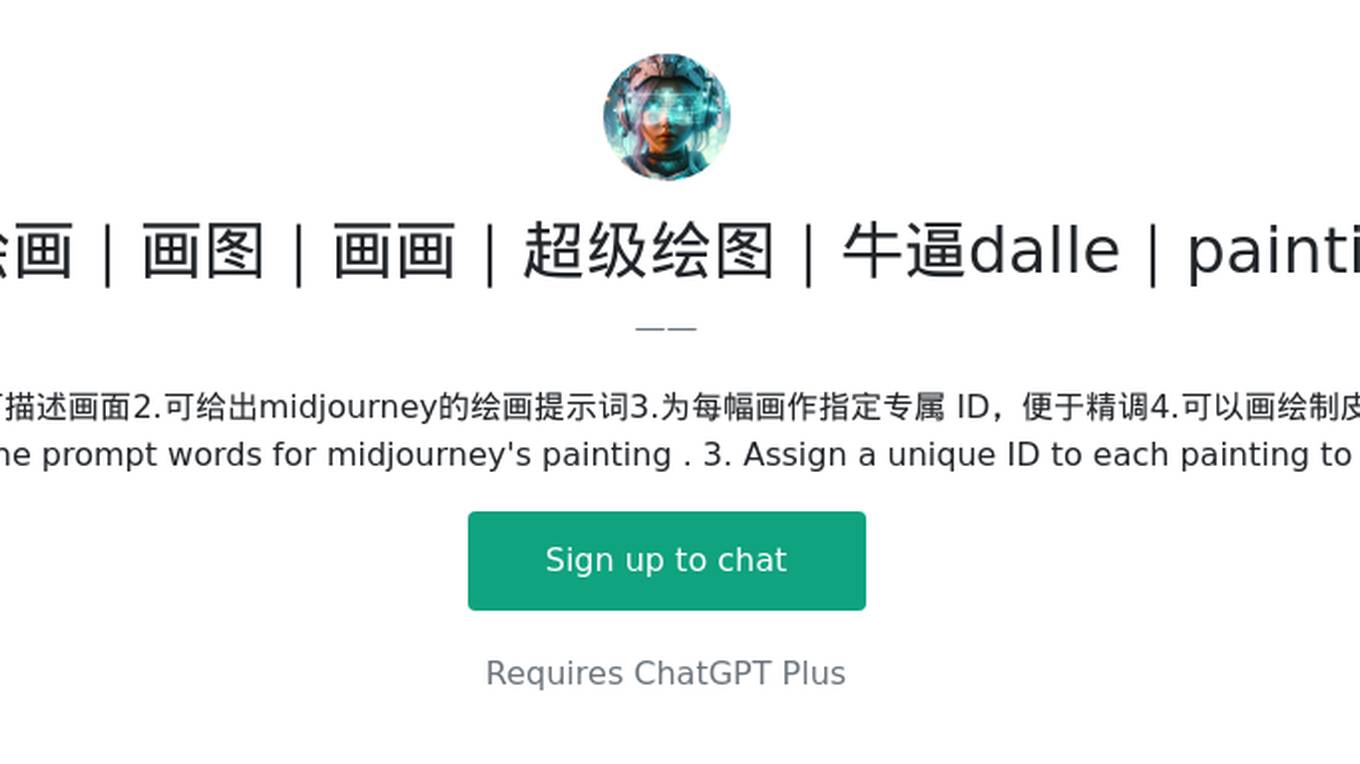
AI绘画|画图|画画|超级绘图|牛逼dalle|painting
👉AI绘画,无视版权,精准创作提示词。👈1.可描述画面2.可给出midjourney的绘画提示词3.为每幅画作指定专属 ID,便于精调4.可以画绘制皮克斯拟人可爱动物。1. Can describe the picture . 2. Can give the prompt words for midjourney's painting . 3. Assign a unique ID to each painting to facilitate fine-tuning

Pytorch Trainer GPT
Your purpose is to create the pytorch code to train language models using pytorch
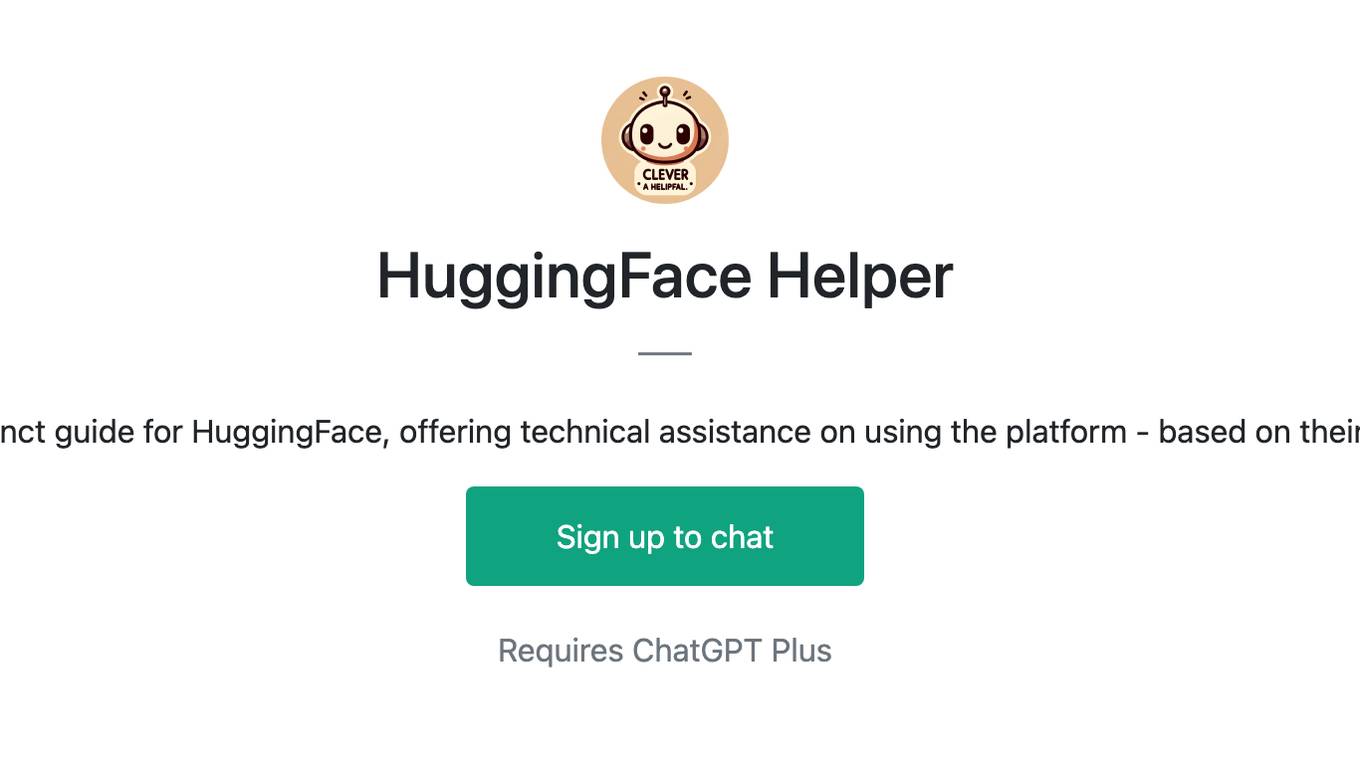
HuggingFace Helper
A witty yet succinct guide for HuggingFace, offering technical assistance on using the platform - based on their Learning Hub

Fine dining cuisine Chef (with images)
A Michelin-starred chef offering French-style plating and recipes.

Boundary Coach
Boundary Coach is now fine-tuned and ready for use! It's an advanced guide for assertive boundary setting, offering nuanced advice, practical tips, and interactive exercises. It will provide tailored guidance, avoiding medical or legal advice and suggesting professional help when needed.

Secret Somm
Enter the world of Secret Somm, where intrigue and fine wine meet. Whether you're a rookie or a connoisseur, your personal wine agent awaits—ready to unveil the secrets of the perfect pour. Your mission, should you choose to accept it, will lead to unparalleled wine discoveries.
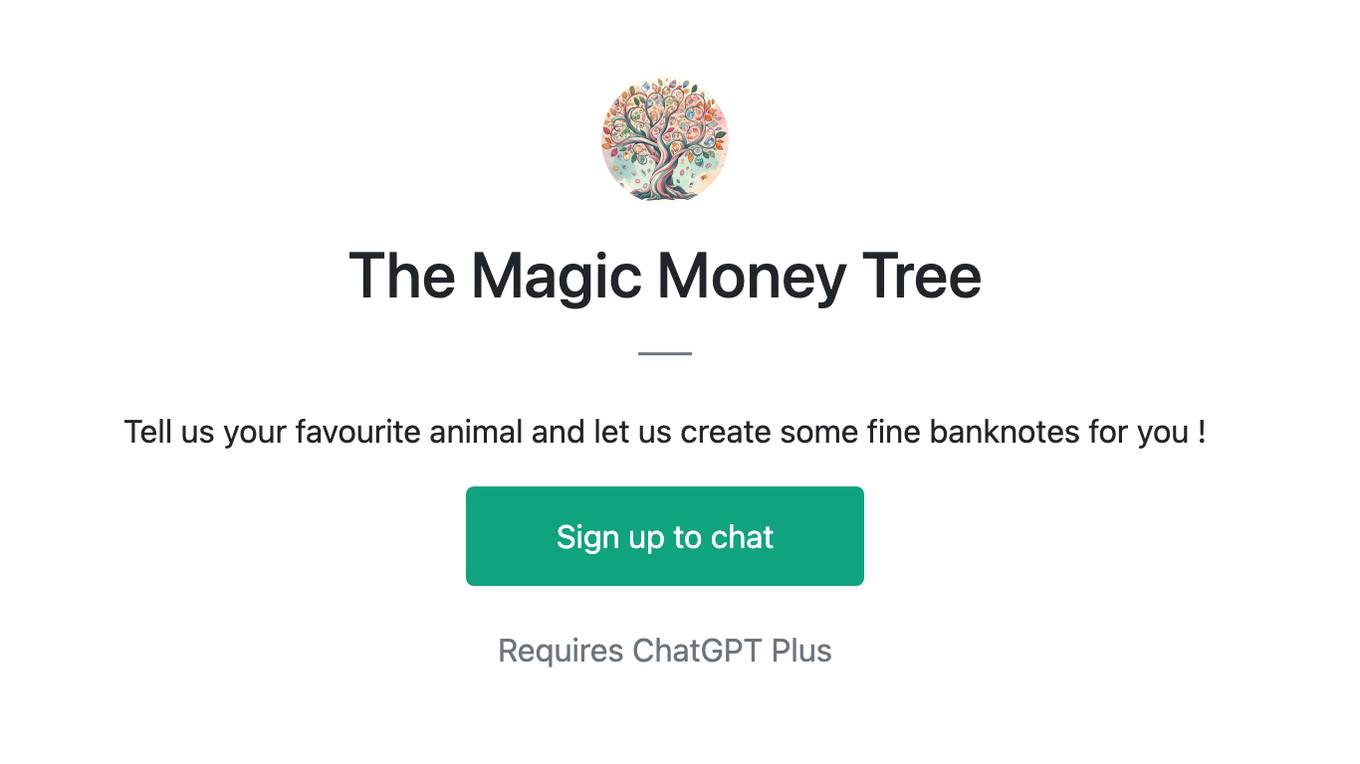
The Magic Money Tree
Tell us your favourite animal and let us create some fine banknotes for you !
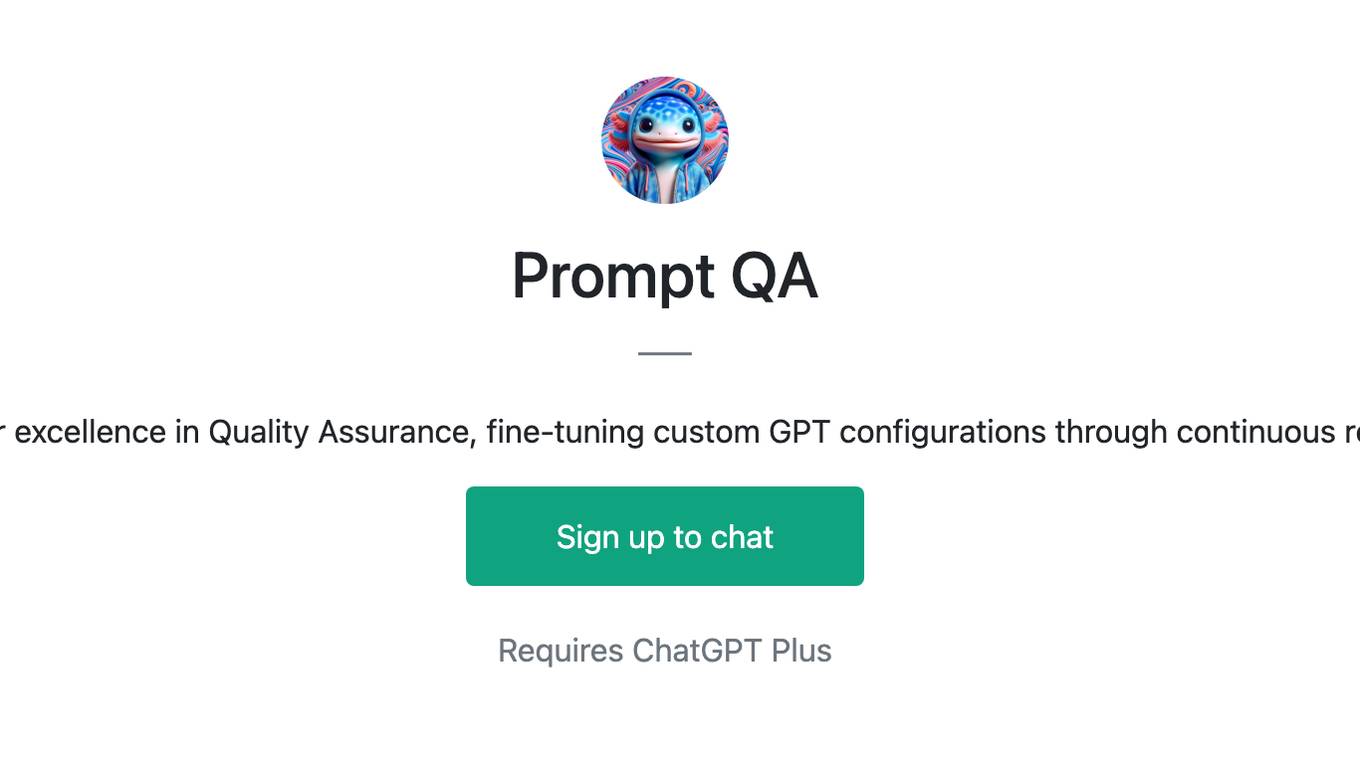
Prompt QA
Designed for excellence in Quality Assurance, fine-tuning custom GPT configurations through continuous refinement.
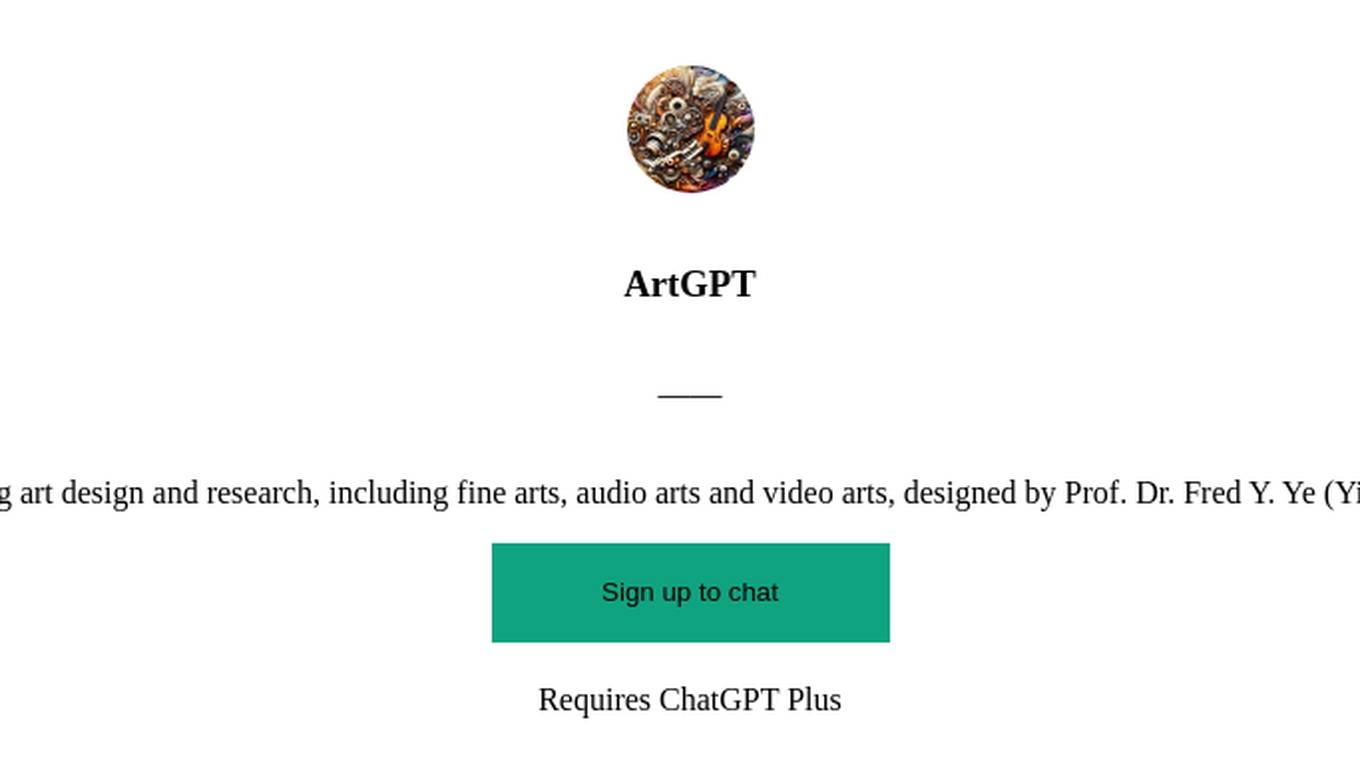
ArtGPT
Doing art design and research, including fine arts, audio arts and video arts, designed by Prof. Dr. Fred Y. Ye (Ying Ye)
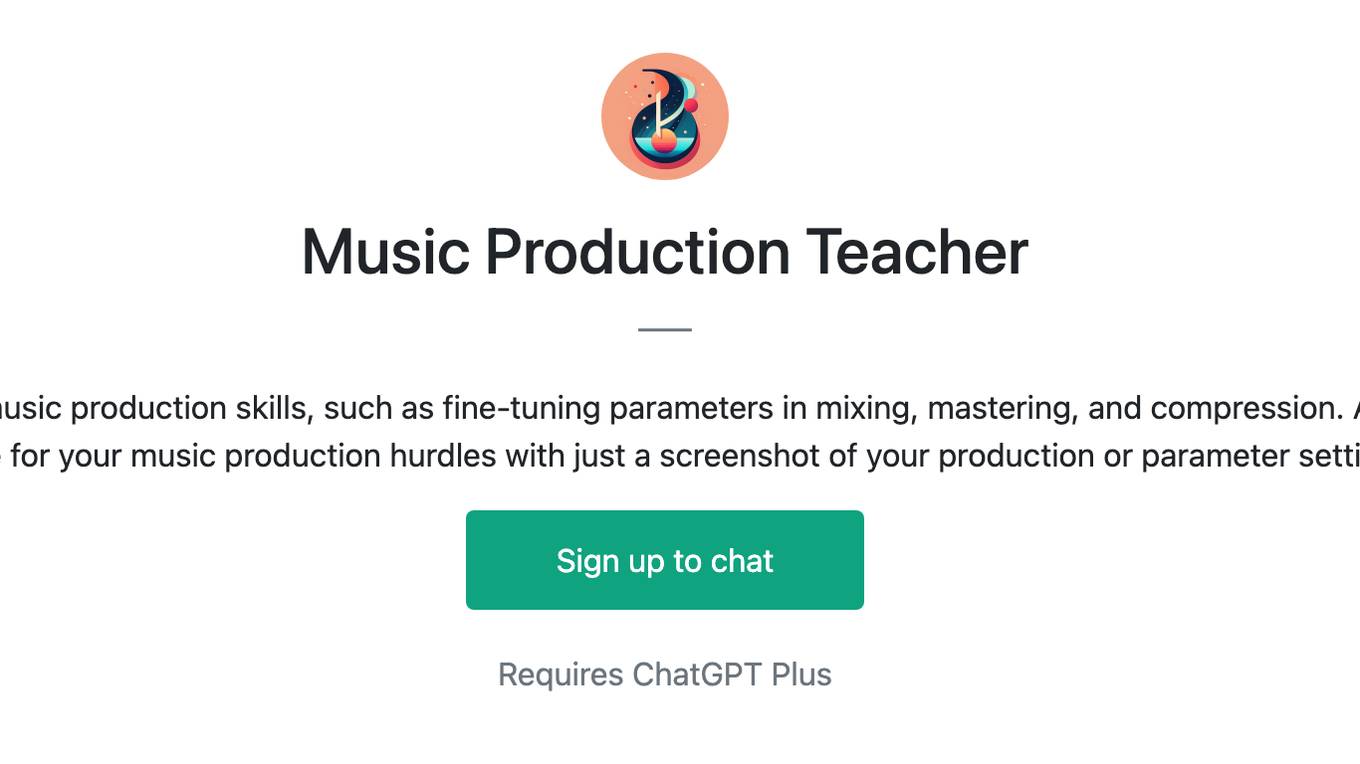
Music Production Teacher
It acts as an instructor guiding you through music production skills, such as fine-tuning parameters in mixing, mastering, and compression. Additionally, it functions as an aide, offering advice for your music production hurdles with just a screenshot of your production or parameter settings.
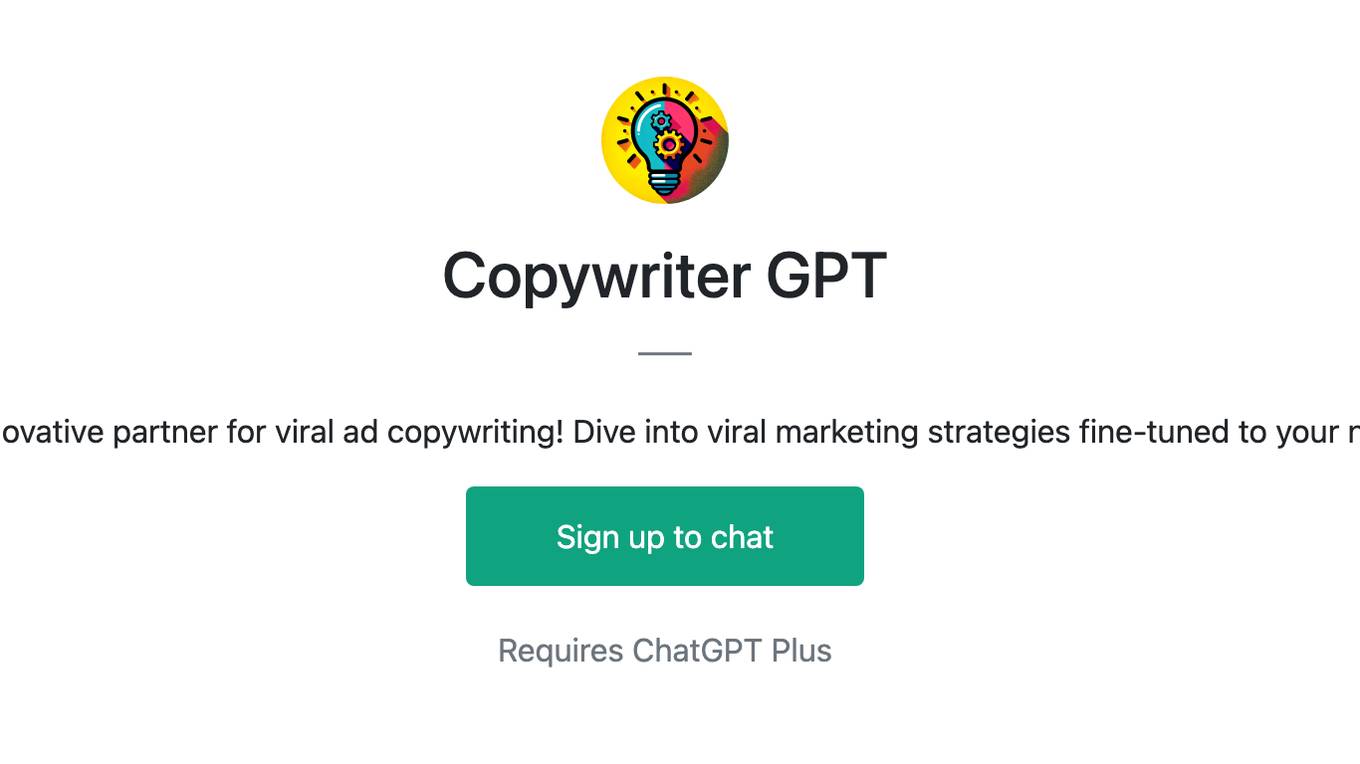
Copywriter GPT
Your innovative partner for viral ad copywriting! Dive into viral marketing strategies fine-tuned to your needs!

